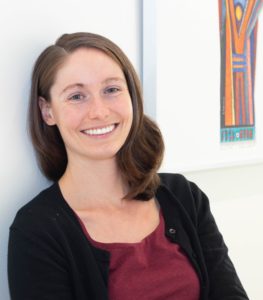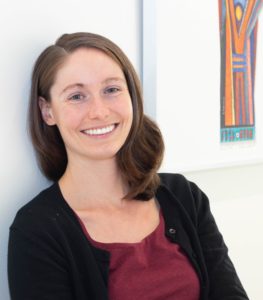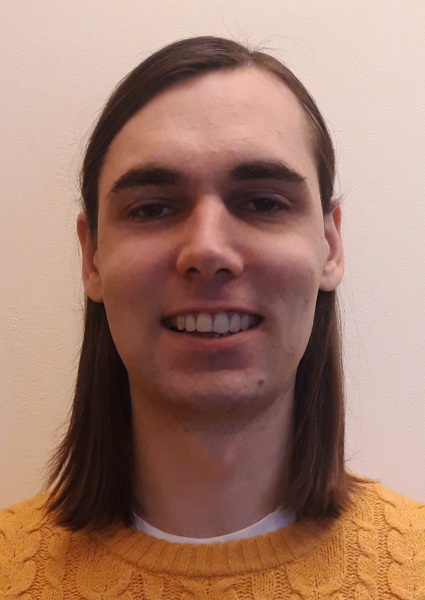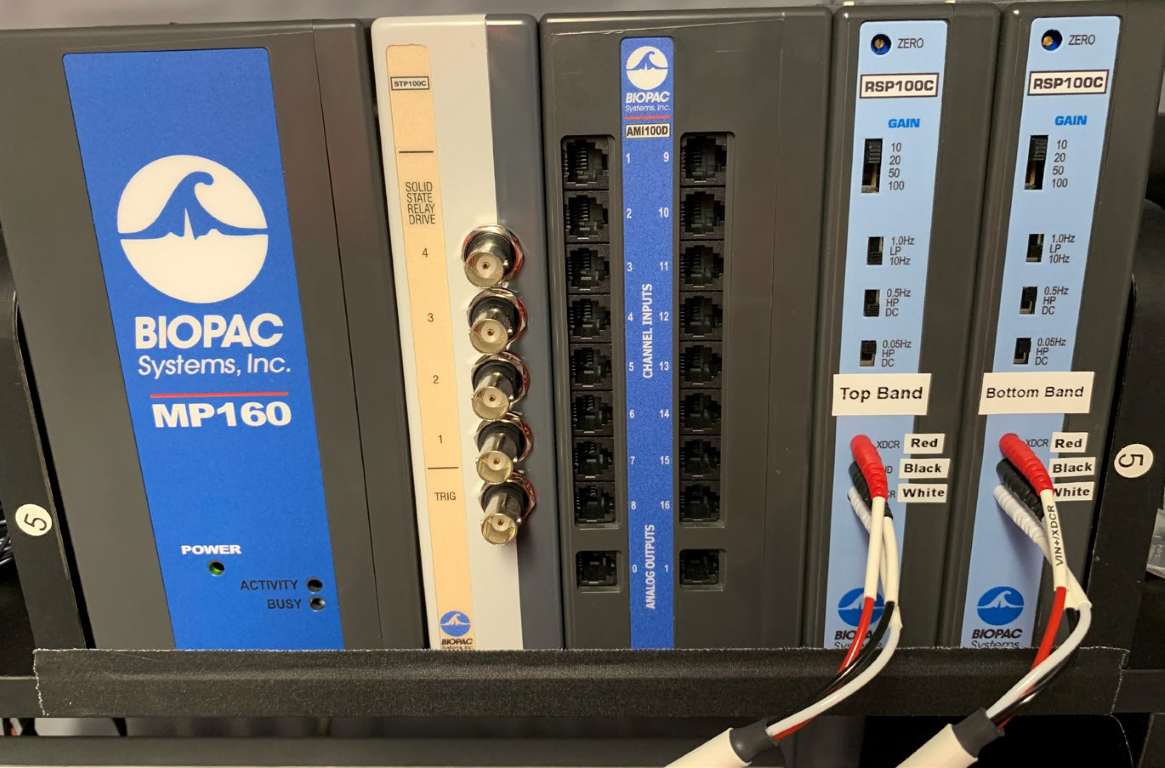About
The Cornell Phonetics Lab is a group of students and faculty who are curious about speech. We study patterns in speech — in both movement and sound. We do a variety research — experiments, fieldwork, and corpus studies. We test theories and build models of the mechanisms that create patterns. Learn more about our Research. See below for information on our events and our facilities.

Upcoming Events

7th February 2023 01:25 PM
Informal Phonology Talk by Dr. Madeline Gilbert
Visiting professor Dr. Madeline Gilbert will give an informal phonology talk to interested students and faculty.
Location: Morrill Hall, Room 102
7th February 2023 04:30 PM
Dr. Madeline Gilbert will hold a phonology discussion with interested graduate students
As part of her visit, Dr. Madeline Gilbert will hold a phonology discussion with interested graduate students.
Location: Morrill Hall, Linguistics Lounge, Room 2088th February 2023 12:10 PM
Phonetics Lab Meeting
We will discuss the job talks that we've seen thus far.
Location: B11, Morrill Hall
9th February 2023 04:30 PM
Linguistics Colloquium Speaker: Samuel Andersson to speak on Abkhaz word stress Phonetics and Phonology
The Department of Linguistics proudly presents Samuel Andersson, PhD student in the Department of Linguistics, Yale University, who will give a talk titled: Phonological Theory and Typology: Lessons from the Caucasus
ASL interpretation for the talk will be provided.
Abstract:
In this talk I introduce several issues in the analysis of Abkhaz (Northwest Caucasian) which are of interest in phonological theory and typology. The first part addresses the phoneme inventory, conventionally analyzed with 58 consonants and 2 vowels for the standard Abzhywa dialect.
Using a mix of quantitative phonological and phonetic analysis, I argue that the distribution of schwa in Abkhaz is in fact predictable, leaving the language with only a single native vowel phoneme, /a/. The conditions under which schwa is predictably inserted depend on stress. This fills a typological gap in which prosodic properties are capable of triggering epenthesis, and helps solve a too-many-solutions problem in Optimality Theoretic analyses of epenthesis.
The second part of the talk turns to the stress system itself, asking questions such as: what does the prosodic system of a language with such a skewed consonant:vowel ratio look like? Does the abundance of consonants and the scarcity of vowels mean that consonants play a larger prosodic role?
I answer these questions in the affirmative, arguing from dictionary corpora and computer-driven phonological analyses that even vowelless morphemes like /kʼ/ 'hold' and /mʂn/ 'sea' participate fully in the Abkhaz stress system. Since the units relevant for stress assignment are smaller than syllables in this language, this requires us to reconsider universal constraints about hierarchies in phonology, and how higher-level units like feet relate to lower-level units like syllables.
This work emphasizes the usefulness of phonetic studies to address phonological problems, as well as the importance of in-depth, quantitative work on lesser-studied languages for phonological typology and phonological theory.
BIO:
Samuel's dissertation is on the phonetics and phonology of word stress in Abkhaz. They also work on issues that are related to the stress system, mainly the phonology of the vowel system in Abkhaz. They use a mix of experiments, corpus/dictionary analysis, and traditional methods from phonological theory in their work.
Location: 106 Morrill Hall, Cornell University Dept, 159 Central Avenue, Morrill Hall, Ithaca, NY 14853-4701, USA
Facilities
The Cornell Phonetics Laboratory (CPL) provides an integrated environment for the experimental study of speech and language, including its production, perception, and acquisition.
Located in Morrill Hall, the laboratory consists of six adjacent rooms and covers about 1,600 square feet. Its facilities include a variety of hardware and software for analyzing and editing speech, for running experiments, for synthesizing speech, and for developing and testing phonetic, phonological, and psycholinguistic models.
Web-Based Phonetics and Phonology Experiments with LabVanced
The Phonetics Lab licenses the LabVanced software for designing and conducting web-based experiments.
Labvanced has particular value for phonetics and phonology experiments because of its:
- *Flexible audio/video recording capabilities and online eye-tracking.
- *Presentation of any kind of stimuli, including audio and video
- *Highly accurate response time measurement
- *Researchers can interactively build experiments with LabVanced's graphical task builder, without having to write any code.
Students and Faculty are currently using LabVanced to design web experiments involving eye-tracking, audio recording, and perception studies.
Subjects are recruited via several online systems:
- * Prolific and Amazon Mechanical Turk - subjects for web-based experiments.
- * Sona Systems - Cornell subjects for for LabVanced experiments conducted in the Phonetics Lab's Sound Booth

Computing Resources
The Phonetics Lab maintains two Linux servers that are located in the Rhodes Hall server farm:
- Lingual - This Ubuntu Linux web server hosts the Phonetics Lab Drupal websites, along with a number of event and faculty/grad student HTML/CSS websites.
- Uvular - This Ubuntu Linux dual-processor, 24-core, two GPU server is the computational workhorse for the Phonetics lab, and is primarily used for deep-learning projects.
In addition to the Phonetics Lab servers, students can request access to additional computing resources of the Computational Linguistics lab:
- *Badjak - a Linux GPU-based compute server with eight NVIDIA GeForce RTX 2080Ti GPUs
- *Compute server #2 - a Linux GPU-based compute server with eight NVIDIA A5000 GPUs
- *Oelek - a Linux NFS storage server that supports Badjak.
These servers, in turn, are nodes in the G2 Computing Cluster, which currently consists of 195 servers (82 CPU-only servers and 113 GPU servers) consisting of ~7400 CPU cores and 698 GPUs.
The G2 Cluster uses the SLURM Workload Manager for submitting batch jobs that can run on any available server or GPU on any cluster node.
Articulate Instruments - Micro Speech Research Ultrasound System
We use this Articulate Instruments Micro Speech Research Ultrasound System to investigate how fine-grained variation in speech articulation connects to phonological structure.
The ultrasound system is portable and non-invasive, making it ideal for collecting articulatory data in the field.

BIOPAC MP-160 System
The Sound Booth Laboratory has a BIOPAC MP-160 system for physiological data collection. This system supports two BIOPAC Respiratory Effort Transducers and their associated interface modules.

Language Corpora
- The Cornell Linguistics Department has more than 915 language corpora from the Linguistic Data Consortium (LDC), consisting of high-quality text, audio, and video corpora in more than 60 languages. In addition, we receive three to four new language corpora per month under an LDC license maintained by the Cornell Library.
- This Linguistic Department web page lists all our holdings, as well as our licensed non-LDC corpora.
- These and other corpora are available to Cornell students, staff, faculty, post-docs, and visiting scholars for research in the broad area of "natural language processing", which of course includes all ongoing Phonetics Lab research activities.
- This Confluence wiki page - only available to Cornell faculty & students - outlines the corpora access procedures for faculty supervised research.

Speech Aerodynamics
Studies of the aerodynamics of speech production are conducted with our Glottal Enterprises oral and nasal airflow and pressure transducers.

Electroglottography
We use a Glottal Enterprises EG-2 electroglottograph for noninvasive measurement of vocal fold vibration.

Real-time vocal tract MRI
Our lab is part of the Cornell Speech Imaging Group (SIG), a cross-disciplinary team of researchers using real-time magnetic resonance imaging to study the dynamics of speech articulation.

Articulatory movement tracking
We use the Northern Digital Inc. Wave motion-capture system to study speech articulatory patterns and motor control.
Sound Booth
Our isolated sound recording booth serves a range of purposes--from basic recording to perceptual, psycholinguistic, and ultrasonic experimentation.
We also have the necessary software and audio interfaces to perform low latency real-time auditory feedback experiments via MATLAB and Audapter.

